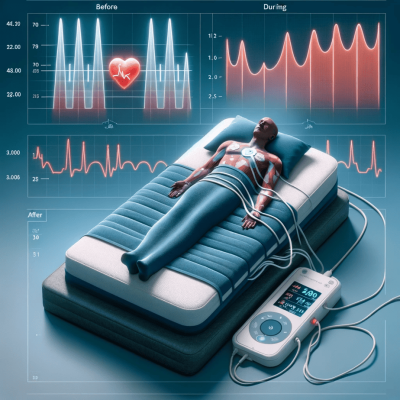Today, healthcare organizations are under immense pressure to improve patient care quality and safety while also reducing costs. In order to meet these goals, healthcare organizations are increasingly turning to information technology (IT) solutions. It’s been shown that IT can play a fundamental role in transforming healthcare and providing significant improvements in patient care quality, safety, and efficiency. IT services can help healthcare organizations in a number of ways, including.
Table of Contents
Toggle1. Managed services
In order to optimize their use of IT resources, many healthcare organizations are turning to managed services providers (MSPs). MSPs can help healthcare organizations manage and monitor their IT infrastructure, applications, and data. Additionally, MSPs can provide support and expertise in areas such as security, compliance, and disaster recovery. You can find out more about why managed services are so important for healthcare if you continue reading this. While MSPs can be costly, the benefits they provide can help healthcare organizations save money in the long run by improving operational efficiency and preventing downtime. It’s important to choose an MSP that has experience working with healthcare organizations and is familiar with the unique challenges they face.
2. Data security and privacy
Data security and privacy are of utmost importance in healthcare. Healthcare organizations must ensure that patient data is protected from unauthorized access, use, or disclosure. They must also take steps to ensure that patient data is accurate and timely. IT services play a critical role in ensuring data security and privacy in healthcare. They can help healthcare organizations implement policies and procedures to protect patient data. They can also help healthcare organizations to monitor and audit access to patient data. It’s important for healthcare organizations to work with IT service providers that have experience in data security and privacy.
3. Electronic health records
Electronic health records (EHRs) are a key part of the healthcare landscape. EHRs can help healthcare organizations improve patient care quality and safety while also reducing costs. IT services can help healthcare organizations to implement and use EHRs effectively. They can also help healthcare organizations to train staff on how to use EHRs, troubleshoot issues, and ensure data integrity. Additionally, services such as HealthTECH Resources can help healthcare organizations interface EHRs with other systems, such as financial and clinical applications.
4. Clinical decision support
Clinical decision support systems (CDSSs) are a type of software that provides guidance to clinicians to help them make better decisions about patient care. CDSSs use artificial intelligence and machine learning algorithms to analyze data from EHRs and other sources. IT services can help healthcare organizations to implement and use CDSSs. Additionally, IT services can help healthcare organizations to train staff on how to use CDSSs and ensure that they are providing accurate and timely guidance. While CDSSs are still in the early stages of development, they have the potential to transform healthcare and improve patient care quality and safety.
5. Telehealth
Telehealth is the use of technology to deliver healthcare services remotely. Telehealth can help healthcare organizations to improve access to care, reduce costs, and improve patient outcomes. Telehealth services can be used to provide patient education, diagnoses, and treatment plans. Telehealth is particularly important in rural and underserved areas, where patients may have limited access to healthcare providers. Telehealth can also be used to provide specialty care to patients who may not be able to see a specialist in person. Also, some health conditions can be managed more effectively through telehealth services than in-person visits.
6. Population health management
Population health management (PHM) is a way of managing the health of a population by using data to identify risk factors and target interventions. PHM is a key part of the move to value-based healthcare, as it can help to reduce costs and improve outcomes. PHM relies on data from a variety of sources, including electronic health records (EHRs), claims data, and patient surveys. This data is used to identify trends and risk factors, which can then be used to develop interventions. Interventions may be targeted at individuals or groups, and they can take a variety of forms, including educational programs, changes to care processes, and the use of financial incentives.

IT services play a fundamental role in healthcare. They can help healthcare organizations to improve patient care quality and safety, reduce costs, and increase access to care. Additionally, IT services can help healthcare organizations to implement and use new technologies, such as electronic health records (EHRs), clinical decision support systems (CDSSs), telehealth, and population health management (PHM). By knowing the role that IT services play in healthcare, you can be better prepared to take advantage of the opportunities they provide.








